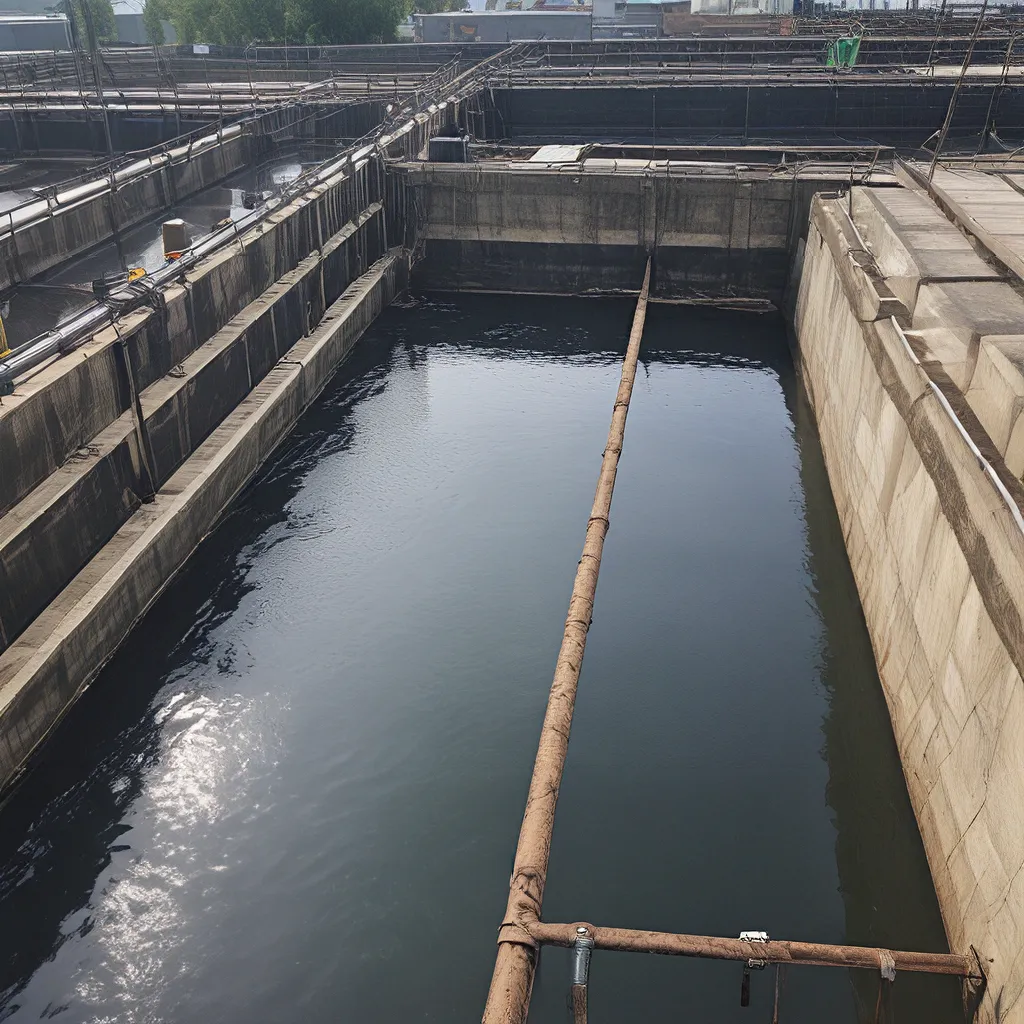
As the Director of Research and Development at Claros Technologies, I’ve seen firsthand the challenges that organizations face when it comes to upgrading their wastewater treatment systems. The truth is, many companies are hesitant to make the necessary investments, often out of fear of the high costs involved. But what they don’t realize is that by embracing new, green technologies, they can not only conserve water and money, but also ensure compliance with ever-evolving environmental regulations.
Tackling the Energy Consumption Conundrum
One of the biggest hurdles in the world of wastewater treatment is the staggering amount of energy required to power these systems. In fact, the wastewater filtration process consumes between 3 to 4 percent of the entire nation’s electrical power every year. This astronomical energy consumption not only leads to high operational costs, but it also leaves less funds available for other critical expenses.
However, there is a solution. Industrial facilities can reduce their energy consumption by investing in greener treatment systems that require less electricity, heating, and physical space. A great example of this is the work we did with Yorkshire Water. When they had to build a new facility due to erosion threatening their old one, they decided to take the opportunity to go green.
They invested in a technology called AeroFac, which uses a combination of gentler biochemical processes and exposure to the sun’s UV rays to treat the water. Not only is this approach much greener, but it’s also much cheaper to run the plant. As a result, Yorkshire Water now benefits from a low carbon footprint and dramatic energy savings through the use of renewable energy.
Tackling Emerging Contaminants
Another major challenge in the world of wastewater treatment is the emergence of exceptionally robust and complex contaminants, such as a class of human-made chemicals known as PFAS, or perfluoroalkyl and polyfluoroalkyl substances. These “forever chemicals” are found in everything from clothing to cookware to food packaging, and they are extremely difficult to break down and destroy.
Companies like Claros have developed new technology capable of eliminating PFAS and other complex chemicals from wastewater. Our proprietary process, for instance, completely eliminates PFAS by breaking them down into their constituent elements. This is crucial, as PFAS have been directly linked to myriad serious health conditions, and have resulted in over 6,400 PFAS-related lawsuits since 2005, the majority of which involve allegations of water contamination on behalf of large chemical companies.
In response to these growing concerns, the US Environmental Protection Agency has unveiled a strategic roadmap to safeguard communities from PFAS contamination and hold polluters accountable. Additionally, several US states have proposed or enacted regulations governing the presence of PFAS in industrial facilities. This means that organizations that produce PFAS in their wastewater have been vehemently advised to introduce PFAS destruction into production very soon to avoid burdensome fines and litigation.
Minimizing Environmental Impact
Another critical challenge in the world of wastewater treatment is the environmental impact of the water filtration process. The organic matter that gets removed from the wastewater has to go somewhere, and without careful oversight, these chemicals will end up in local waterways right alongside the clean water that has been discharged.
Fortunately, newer systems powered by green technology treat wastewater with eco-friendly processes, ensuring that the wastewater is completely free of environmental pollutants once it’s discharged into local waterways. This is becoming increasingly important as further environmental regulations emerge in order to make wastewater treatment as environmentally safe as possible.
Addressing Labor Shortages and Automation
Finally, one of the most pressing challenges in the wastewater treatment industry is the shortage of qualified candidates for both management and operational roles. Inexperienced employees can lead to costly errors, and organizations often struggle to fill the sheer number of roles required to operate a treatment system.
However, advanced filtration systems with a much lower need for human labor can help solve this problem. Not only do these systems require fewer operators, but they require less maintenance over time as well. Organizations can also explore the possibility of automating certain recurring processes, which would increase efficiency even further while significantly reducing labor costs.
Embracing the Future of Wastewater Treatment
The wastewater treatment systems of the past have become an operational and financial liability for industrial organizations. If these companies neglect to upgrade their systems with new technology, they put their productivity in jeopardy while endangering the nation’s fresh water supply.
Yes, system upgrades come with additional costs, but the long-term rewards are certainly worth the price: increased efficiency, reduced operational expenses, and consistent regulatory compliance. Organizations must accept that big challenges require big solutions that benefit multiple parties, from staff members to consumers to our fragile planet.
At Alpha Wastewater, we’re committed to helping companies navigate these challenges and embrace the future of wastewater treatment. By leveraging green technologies and innovative solutions, we can transform the way organizations approach this critical environmental issue, ensuring a cleaner, more sustainable future for all.